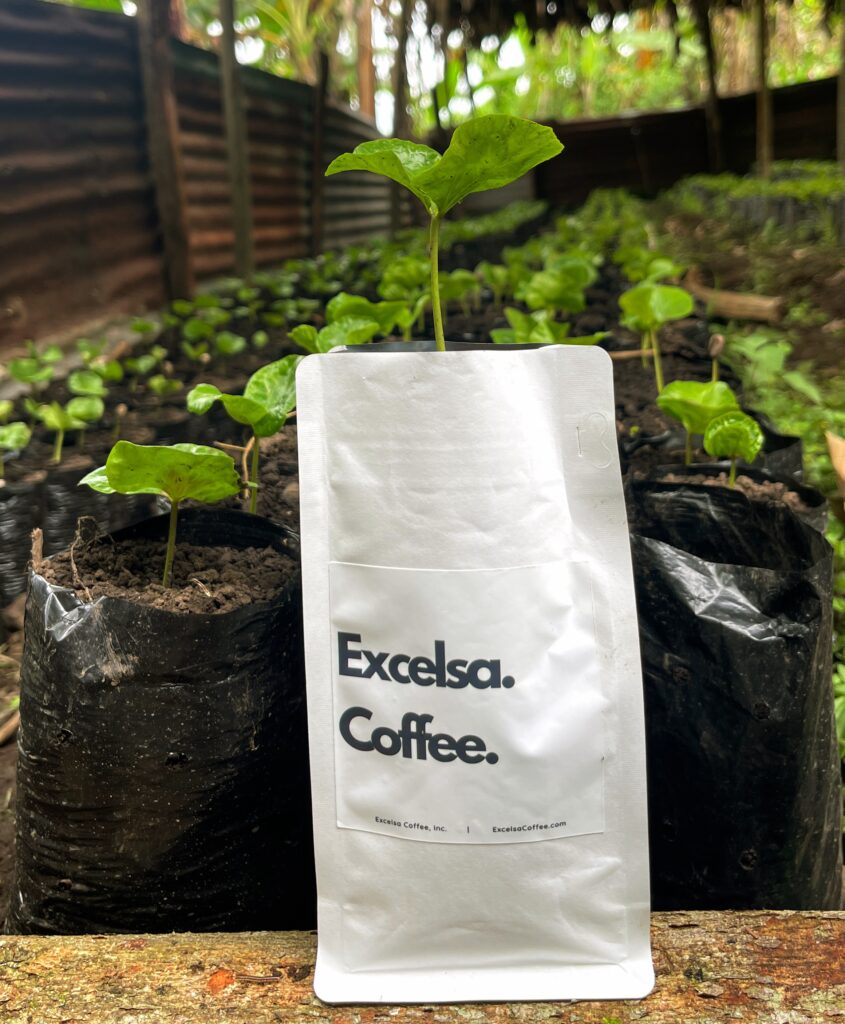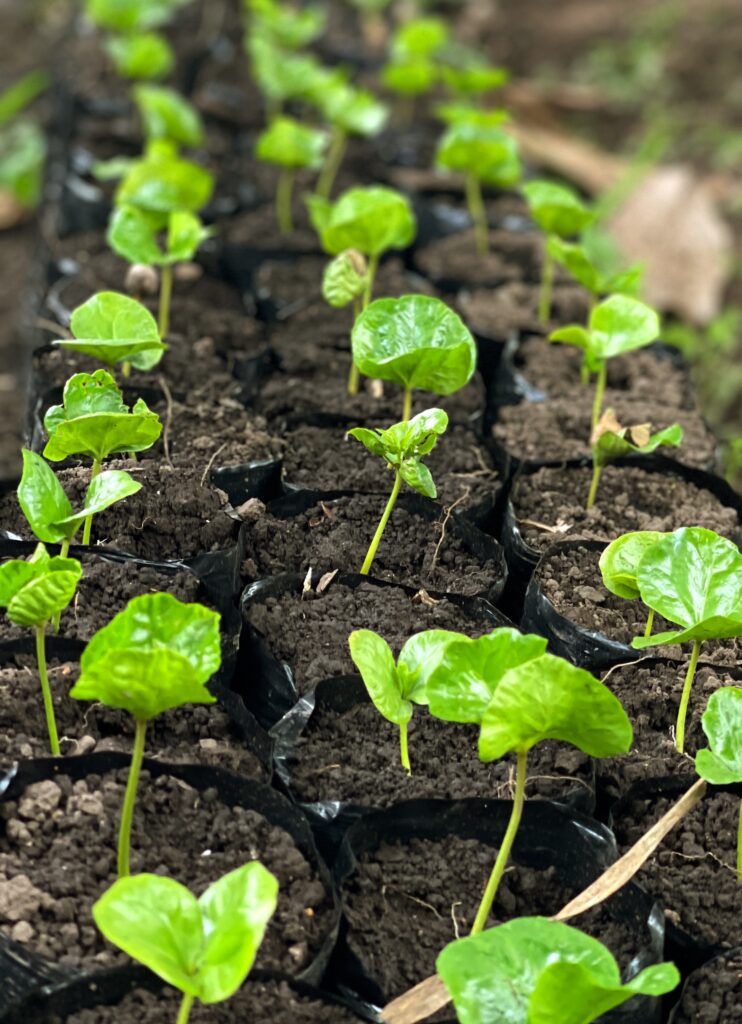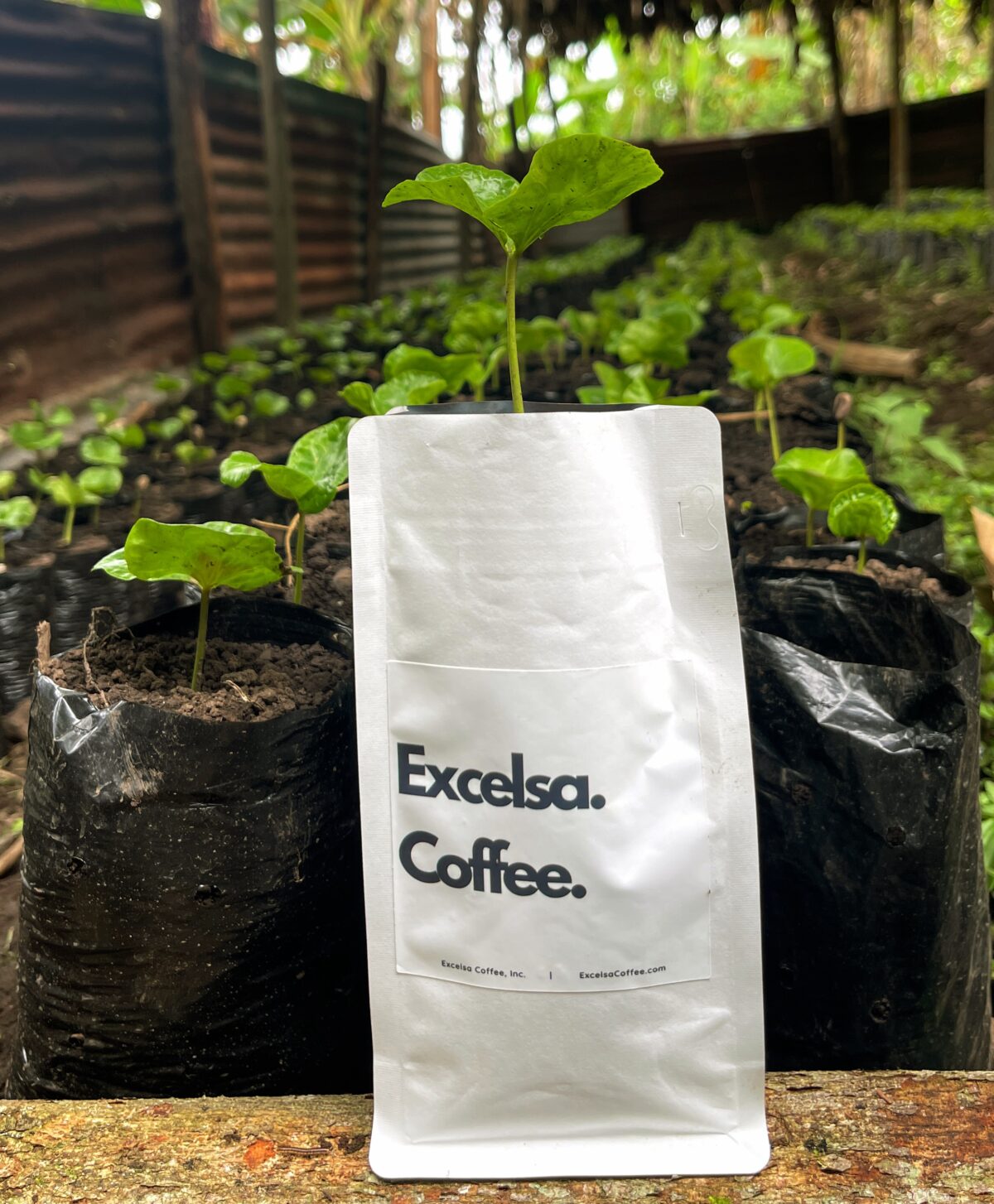The Surprise of the Excelsa Coffee Variety: Innovation in Cultivation and Its Potential in Central America



I. Introduction to Excelsa Coffee: A New Opportunity for Climate-Resilient Farming
With years of experience in cultivating the Catimor coffee variety, I am well-acquainted with its strengths and limitations. Recently, we decided to trial a new coffee variety, Excelsa, through a germination and nursery experiment. The results surpassed my expectations, demonstrating that Excelsa could be a viable, climate-resilient coffee crop for Central America. This article shares my experience with Excelsa coffee and how technical management and agroforestry systems can unlock its potential.
II. Transitioning from Catimor to Excelsa: Our Initial Insights
After working extensively with Catimor/Arabica, known for resilience and stable yields, discovering Excelsa felt like a fresh chapter. Right from the start, Excelsa’s adaptability and high germination rate impressed us, showcasing its potential as a lesser-known but robust variety for Central America.
Key Differences Between Excelsa and Catimor
Catimor is known for its yield and resilience, but it has limitations, especially in flavor and adaptability to climate extremes. Excelsa, however, demonstrated stronger adaptability during the nursery stage and rapid, healthy growth—differences that immediately captured our attention.
III. Unique Characteristics of Excelsa Coffee in Germination and Nursery Stages
High Germination Rate and Resilience
In our trials, Excelsa seeds exhibited a steady germination rate, outperforming Catimor. From day one, Excelsa displayed natural resilience to environmental stresses, a crucial feature in increasingly unpredictable climates.
Vigorous Growth and Adaptability
During the nursery phase, Excelsa plants showed vigorous, stable growth. Each seedling adapted well to substrate and moderate watering conditions, highlighting its strength and versatility.
IV. Overcoming Information Gaps in Excelsa Coffee Research
Limited Research and Initial Challenges
Excelsa coffee is less researched and less popularized than Catimor or Arabica, which posed challenges for our team. However, this gap provided an exciting opportunity to validate Excelsa’s capabilities under real conditions.
Debunking Myths About Excelsa
Some myths suggest that Excelsa is unprofitable or that its flavor is too strong. After testing, we found that Excelsa, with proper management, can be productive and offer competitive quality for the specialty coffee market.
V. The Agronomic Potential of Excelsa Through Technical Management
Effective Technical Management: Excelsa’s Positive Response
Technical management—specific watering, nutrient planning, and substrate use—played a crucial role in our Excelsa trials. Excelsa’s strong response to minimal technological interventions highlighted its potential in a controlled environment.
Best Practices for Optimal Growth
We found that Excelsa responds well to balanced fertilization and gentle pest control, practices that improve yields and bolster its resilience against adverse conditions, making it an attractive, sustainable choice.
VI. Advantages of Agroforestry Systems for Excelsa Coffee
The Role of Agroforestry in Growing Excelsa
Agroforestry systems provide natural shade and biodiversity, essential for Excelsa’s growth. This approach is particularly beneficial in Central America, where extreme climate events are common.
Enhancing Productivity Through Agroforestry
By integrating Excelsa into agroforestry systems, we’ve seen benefits beyond soil health, including improved bean quality. Shade reduces water stress, allowing Excelsa to thrive with fewer external inputs.
VII. Excelsa Coffee as a Solution for Climate Change Adaptation
Climate-Resilient Excelsa: Adaptability in Harsh Conditions
Unlike other varieties, Excelsa has shown impressive adaptability to drought and high temperatures, providing a viable alternative in areas affected by climate change.
Case Studies and Lessons from Central America
In various trials across Central America, Excelsa has proven to be both resilient and commercially viable. Other farmers using agroforestry systems have confirmed Excelsa’s role in climate adaptation, alongside social and economic benefits.
VIII. Economic and Social Impacts of Cultivating Excelsa Coffee in Central America
Economic Benefits for Small Farmers
Excelsa cultivation creates new economic opportunities for small and medium-sized farmers in Central America. Its unique flavor and adaptability make it ideal for specialty markets, enabling farmers to diversify and increase income.
Promoting Sustainable Agriculture
Focused on agroforestry and technical management, Excelsa promotes sustainable farming that aligns with environmental goals, benefitting communities today and securing their future.
IX. Conclusion: Excelsa Coffee as a Sustainable, Climate-Resilient Option.

